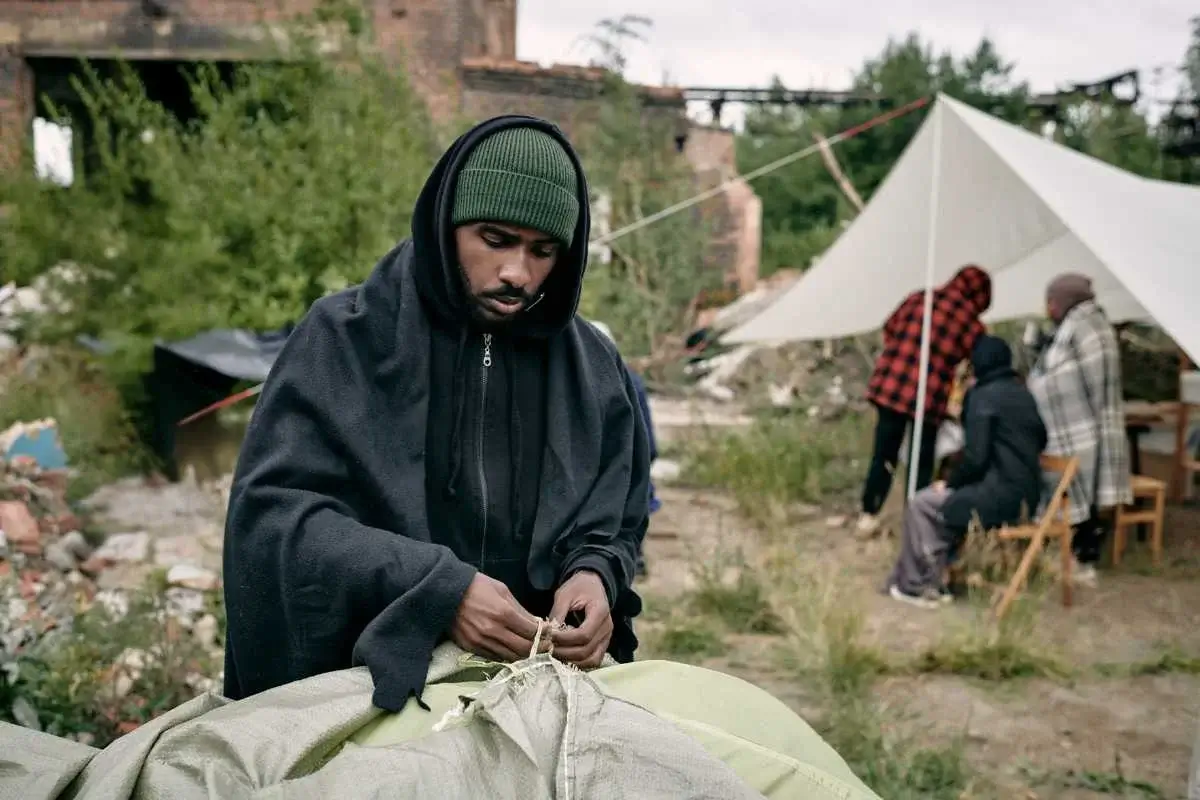
Climate change is forcing millions of people to leave their homes in search of safety, stability, and basic resources. Rising sea levels, extreme weather events, droughts, and resource shortages are pushing families and entire communities to migrate, often with little time to prepare. These climate migrants face difficult living conditions that can lead to serious health challenges. Many are exposed to unsafe water, poor sanitation, and limited access to food and medical care. The physical and emotional strain of displacement also increases the risk of malnutrition, infectious diseases, and mental health problems.
Governments, international organizations, and local communities must work together to support those affected by climate-induced migration. Effective policies should ensure that displaced populations have access to clean water, shelter, and healthcare. Investments in sanitation systems, emergency response networks, and vaccination programs can help protect health in temporary settlements. It is equally important to strengthen the resilience of healthcare systems so they can respond to the growing needs of people on the move.
Addressing climate migration requires a global and coordinated effort. Wealthier nations and international institutions can provide financial and technical support to vulnerable countries that face large-scale displacement. Equitable policies must prioritize the needs of marginalized groups, including women, children, and Indigenous communities, who are often the most affected. Building long-term solutions means tackling both the causes and consequences of displacement through sustainable development, climate adaptation, and inclusive planning.
How can governments and global organizations support people displaced by climate change? What policies can guarantee access to clean water, healthcare, and safe living conditions for climate migrants? How can international cooperation ensure that vulnerable nations receive the resources they need to manage migration? What can be done to make healthcare systems stronger and more responsive to the needs of displaced communities? How can the world create fair and lasting solutions that protect both people and the planet?
Use the online submission form when sending your articles to help us track all of your submissions. Please try to write about the above topic. Your response should be at least 1,000 words.
To receive credit, your effort is what matters. You should find ways to contribute thoughtful ideas that will help others. Feel free to use personal stories or other information that you want to share, but do not use real names or other identifying information. You may write your response in the space provided or upload your response. Once we review your response, you will receive credit.
Click the button below to submit your article and get your credit.